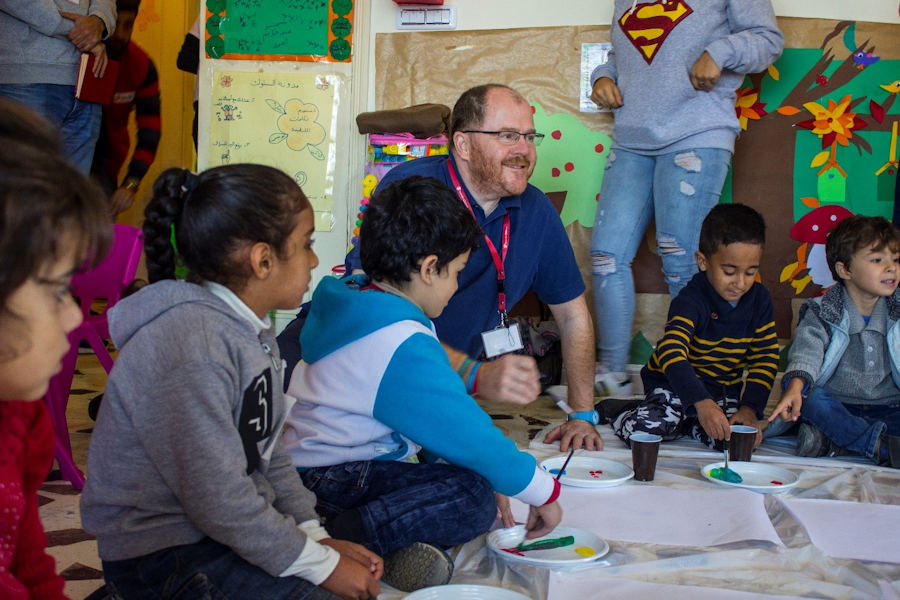This parliamentary recess I am travelling back to Beirut, Lebanon to follow up on my previous visit in November 2017 to see the progress being made by the Department for International Development, the Foreign Office and Save the Children in stabilising Lebanon, preventing humanitarian disaster of Syrian refugees and tackling radicalisation.
As has been widely reported in the media, Lebanon has come under immense pressure as a result of the refugee crisis. With a population of only 4 million, the country has had to take an additional 1.5 million refugees, as well as over 300,000 Palestinian refugees.
The UK led the international community in agreeing to the ‘Lebanon Statement of Intent’ at the London Syria Conference back in February 2016, and our aid has helped transform hundreds of thousands of lives. Just consider the statistics: 149,000 children have already been supported to gain a decent education and 312,000 people now have sustainable access to clean water and/or sanitation.
Our aid budget has been subject to a lot of scrutiny and criticism over the last few years. I have frequently argued that we need a new focus on aid, trade and security, showing how our aid strategy can be a fundamental part of shaping a vision for post-Brexit Britain.
With a long-term strategic view, I believe we can continue to use the great strengths we have as a leading knowledge economy to help export our skills and services and change the world around us for the better.

